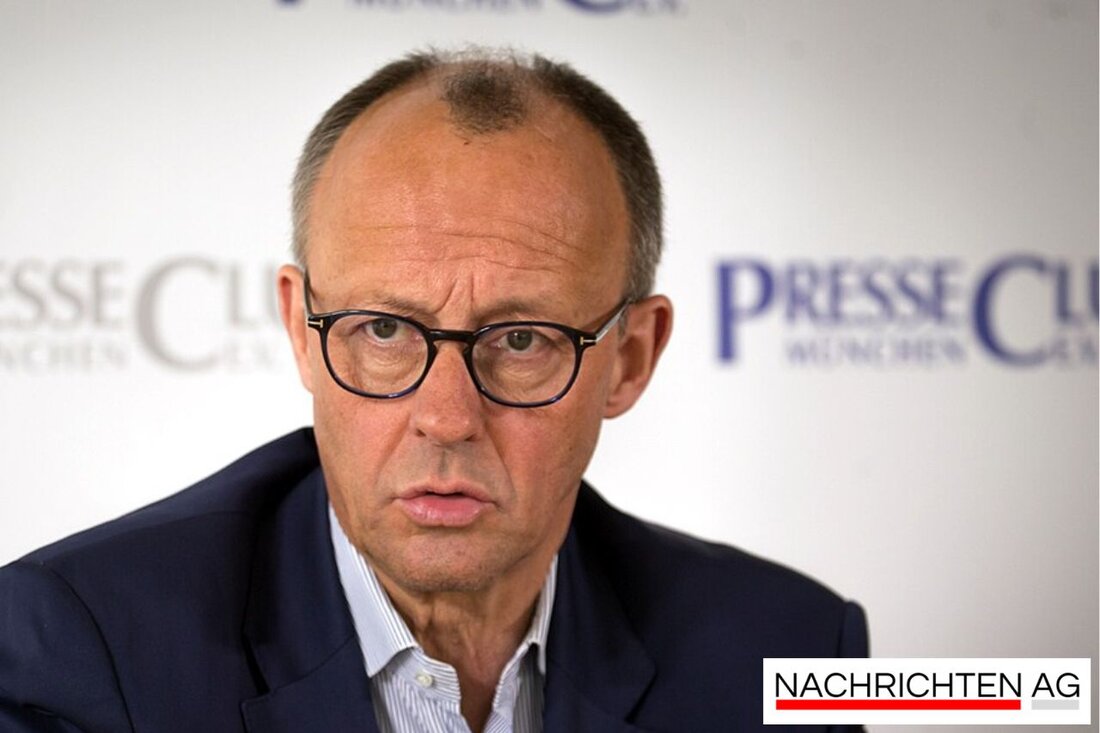Process for knife massacre in Solingen: deportation led to chaos!
Process for knife massacre in Solingen: deportation led to chaos!
On May 27, 2024, the trial against a 35-year-old Syrian, who stood up three people nine months ago, started in the Düsseldorf Higher Regional Court. This crime has triggered a far -reaching debate in Germany about internal security and deportations of refugees. The perpetrator, Mahmoud M., had entered Germany in 2022 and had connections to the Islamist milieu. His act is reminiscent of another fatal assassination in August 2023 when Issa Al Hasan killed three people in Solingen and injured ten. The alleged killer, including a Syrian refugee, was not deported despite the rejected asylum application and received subsidiary protection status in August 2023.
A committee of inquiry in the Düsseldorf state parliament will now examine the circumstances of the failed deportation of Al Hasan and the failures of the NRW authorities. It is reported that the perpetrator was given deportation on June 5, 2023 but could not be found. Josefine Paul, Minister of Flight and Integration, is under pressure because many demand that those responsible are held accountable.
political discussions about deportations
The incidents have led to a more intensive discussion about the return of refugees, especially from Syria, in Germany. Union politicians are calling for a return plan from the federal government, especially after the fall of Bashar al-Assad. While the CSU politician Andrea Lindholz proposes programs for travel aids and entry fee for voluntary return, Chancellor Olaf Scholz (SPD) points out that the security situation in Syria is still critical. Migration expert Daniel Thym emphasizes that politics cannot simply send all Syrian refugees out of the country, since each case must be viewed individually.
Currently over 900,000 people from Syria live in Germany after around one million people have fled since the beginning of the civil war. At the end of October 2024, 974.136 Syrian migrants were registered, with the majority having no asylum status at all, but of subsidiary protection. Protection status is granted if there is a serious threat, although the return to Syria does not remain safe and unreasonable for many.
protection status and return perspectives
The Federal Office for Migration and Refugees (BAMF) has currently put all decisions about Syrians asylum applications on hold because the general security situation in Syria remains tense. A spokesman for the EU Commission emphasizes that the conditions for a safe return to Syria are currently not available. Austria has also exposed all asylum procedures for Syrian refugees and prepares a return program.
The current discussion about the return of refugees shows that protection status remains for many. The deputy spokeswoman for the Federal Ministry of the Interior, Sonja Kock, emphasizes that a review of protection status must take place on the basis of the current situation in Syria.
However, numerous refugees from Syria are well integrated in Germany, especially in healthcare, and many have built up a new life here. Nevertheless, the question remains open how politics will deal with the different reasons for protection and the security situation in the home country. The coming months will have a decisive influence on future refugee policy in Germany.For further details and developments on these topics you can report the reporting of , ZDF Politics , and ZDF Germany
| Details | |
|---|---|
| Ort | Solingen, Deutschland |
| Quellen | |


Kommentare (0)